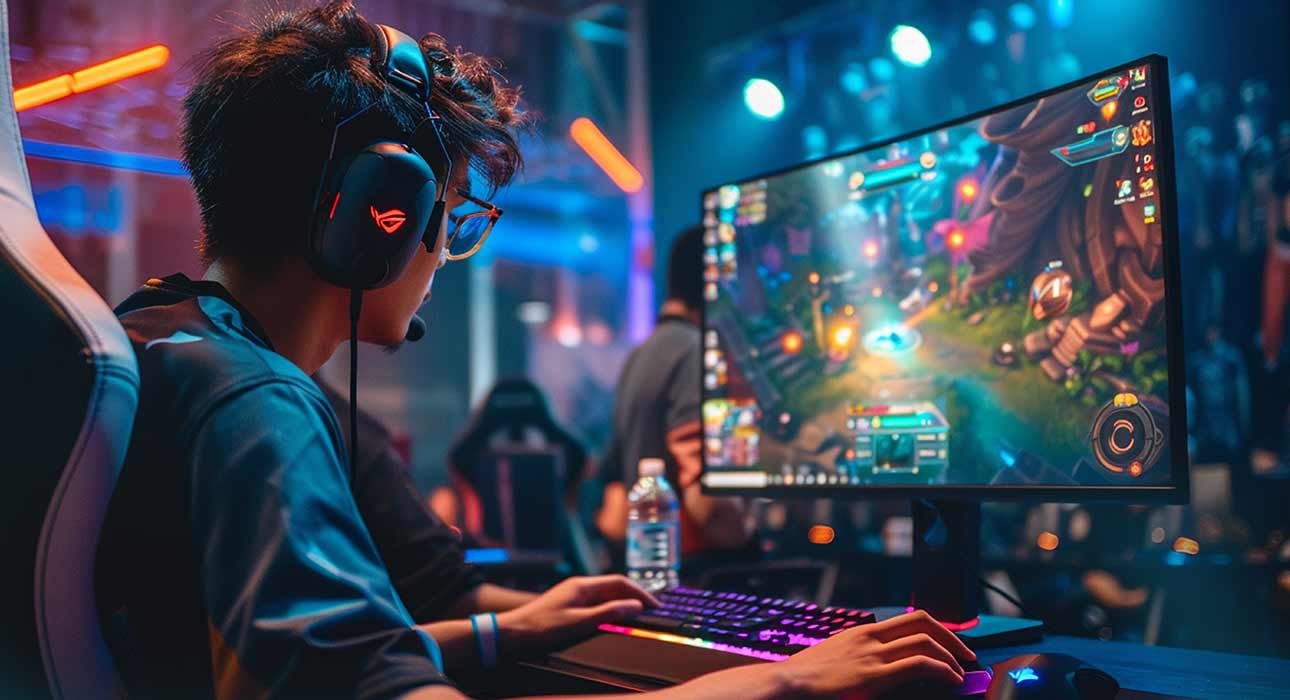Behind the flashy screens of Real-Money Games (RMGs) lies a cycle of Compulsive Play, Debt Traps, & Mental Health Fallout.
The Government of India has recently imposed a blanket ban on online money games through the Promotion and Regulation of Online Gaming Act, 2025. This new law prohibits the operation, promotion, and participation in real-money gaming (RMG) platforms, covering popular categories such as poker, rummy, ludo, fantasy sports, and opinion trading. Offshore platforms targeting Indian users also fall under its ambit.
The decision comes after increasing concerns over the addictive nature and social fallout of RMG platforms, alongside national security risks, including money laundering and illicit financial flows.
Read More: Ashwini Vaishnaw Blames Influencer Endorsements for Rising Online Gaming Addiction
The Mental Health Toll
Psychiatrists have long warned that real-money games carry risks similar to gambling addiction. Dr. Lakshmi Vijayakumar, psychiatrist and member of the Justice K. Chandru Committee, which earlier recommended Tamil Nadu’s ban on online gambling in 2022, welcomed the Centre’s move.
“Many people have lost money in real-money games, with Tamil Nadu alone reporting 20 to 30 suicides in the last five years linked to such losses,” she noted.
The toll is not just statistical but deeply personal. Dr. Vijayakumar recalled the case of a 19-year-old boy who lost ₹10 lakhs borrowed from acquaintances and considered selling a kidney to repay debts. Another case involved a working IT couple who, despite financial stability, became addicted and lost their assets.
She explained that gambling activates neurobiological pathways similar to those involved in alcohol or drug addiction. “Once addicted, it is very difficult to stop,” she said.
Read More: Is Gambling Evil?: Understanding Gambling Disorder and its Causes
Why Regulation Was Needed
Real-money gaming platforms often promote themselves as “games of skill.” But experts argue that algorithms and design features are structured to maximise engagement, reward anticipation, and repetitive play. “Companies can change the algorithm at any point to maintain addiction. In such cases, the idea of skill is meaningless,” Dr. Vijayakumar said.
India’s widespread internet accessibility amplifies this vulnerability. With affordable mobile data and widespread Wi-Fi penetration, gaming platforms are available 24/7, making it easier for users, particularly students, unemployed youth, homemakers, and financially stressed families, to develop a habit of compulsive play. In contrast, the geriatric population is less affected due to lower digital literacy and limited engagement with such apps.
According to a FICCI–EY report (March 2025), more than 155 million Indians engaged with real-money gaming in 2024—a 10% rise from 2023. On average, 110 million users played daily last year.
With this rapid growth, psychiatrists fear that vulnerable groups, particularly students, unemployed youth, and financially stressed families, face the highest risk of harm. While some people with addiction may find it difficult to switch immediately to recreational games, experts believe the ban will at least prevent further debt traps and suicides.
Read More: Mobile Game Addiction: The Craze of Free Fire, PUBG, and More
Looking Ahead: Regulating Digital Play
The new law goes beyond prohibition. It also provides a framework for promoting esports as a legitimate sport and allowing subscription-based online social games that do not involve wagering. This is intended to encourage a healthy digital gaming culture while curbing exploitative money-driven platforms.
Future regulation may expand further. Internationally, China restricts minors to one hour of gaming on designated days, while Australia recently barred under-16s from accessing social media. India, too, may explore time limits and age restrictions for certain online games and social media use to address concerns of anxiety and depression linked with excessive screen time.
Industry Perspective
Industry leaders, however, caution against overly restrictive rules. Representatives from the esports sector argue that esports is structured, skill-based, and career-oriented, unlike casual gambling-style play. They call for responsible gaming safeguards, digital literacy, and parental controls instead of sweeping prohibitions.
Balancing Growth and Mental Health
India’s booming online gaming sector is at a crossroads. While the ban seeks to protect vulnerable populations from debt and distress, it also raises questions about how to nurture esports and digital innovation responsibly. From mental health professionals, however, the message is clear: prioritising people’s well-being must come before profits.
References +
The Indian Express. (2025, April 8). ‘Debt trap for vulnerable’: Q&A with psychiatrist who recommended govt ban on real-money games. The Indian Express. https://indianexpress.com/article/technology/gaming/debt-trap-psychiatrist-who-recommended-real-money-gaming-ban-10226423/













Leave feedback about this